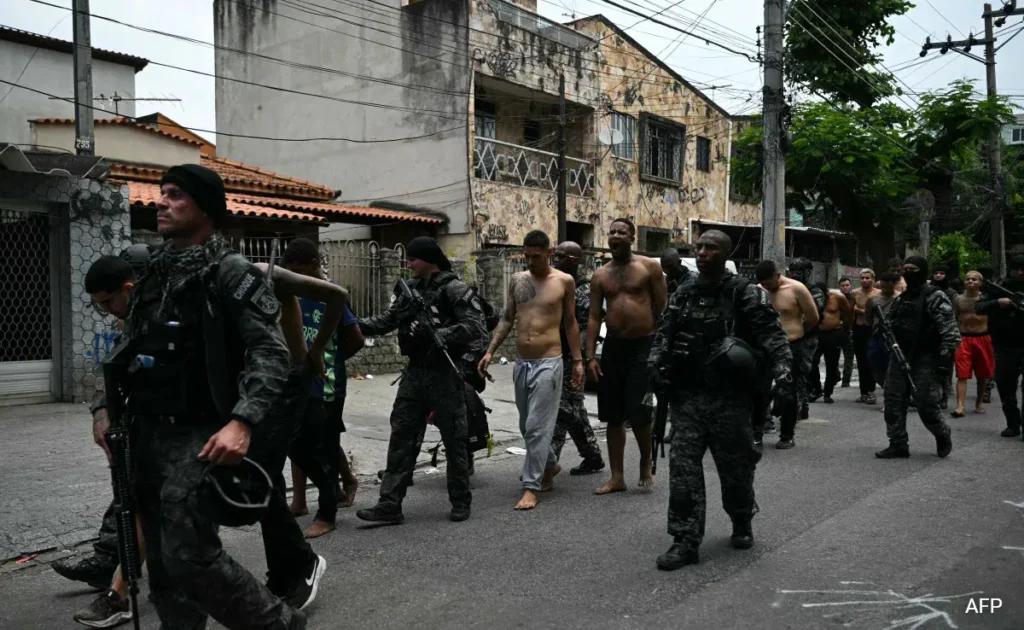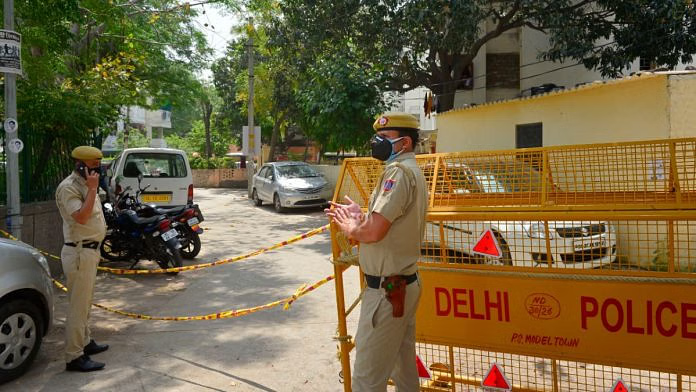Now Reading: Noida Woman’s Tragic Death in Alleged Dowry Dispute Sparks Outrage
-
01
Noida Woman’s Tragic Death in Alleged Dowry Dispute Sparks Outrage
Noida Woman’s Tragic Death in Alleged Dowry Dispute Sparks Outrage

In Noida, the death of 28-year-old Nikki Bhati in what police allege was an act of dowry-related violence has ignited outrage and grief. Reports suggest she was set on fire under mysterious circumstances at home. As investigators step in, the case has become a stark reminder of the ongoing fight against dowry-driven violence in India.
The police have launched a full investigation, collecting evidence and statements from family members and witnesses. Nikki’s husband has reportedly been detained for questioning, and authorities are examining whether financial or social pressures tied to dowry demands played a role. For families in Tier 2 cities and towns across India, Nikki’s story will feel tragically familiar.
Dowry-related violence continues to affect communities beyond metropolitan areas. In smaller towns, pressure to conform to expectations around marriage finances often goes unspoken. When disputes arise, they can quickly escalate without timely intervention. Nikki’s case highlights the urgent need for both public awareness and stronger preventive measures.
Experts emphasize that legal safeguards—such as the Dowry Prohibition Act—are vital, but they must be matched by societal change. Education campaigns, support systems for victims, and accessible legal aid need to reach beyond big cities and into communities where such norms remain entrenched.
This terrible incident is a call to action—for local leaders, neighbours, and institutions to recognize the warning signs and act before silence turns into tragedy.

























